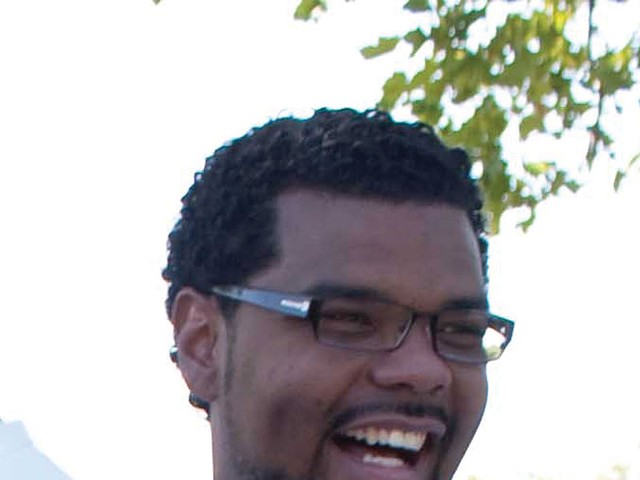DEFENDING DEMI AND ASHTON
Porn on our browsers: Thank you, John Covelli [Blowback, July 14, 2011]! Whoever writes these articles reminds me of a child in an adult's body, who refuses to admit he's wrong, and every time he opens his mouth he gets a little smaller — but he arrogantly and obnoxiously keeps running his mouth.
If people at the RFT are really in agreement with this article, wouldn't you like to see what is in their computer history? As if sexual abuse and degradation isn't a problem in the world today! It's sad the RFT can't be more of a positive influence. Instead, where sex is concerned, they seem determined to promote and defend what is wrong in this world.
So many people have been sexually abused and exploited these days; I'm sure there are some that work at the RFT and are either too defensive to admit their beliefs have been warped by what happened to them, or they are silently cringing and hurt by articles like this. Sexual abuse and child abuse is a huge problem and getting worse.
Thank you, Demi and Ashton, for all that you are doing to try to get something done about it.
Susan, via the Internet
BLACK ON BLACK
High praise: "City of Haterz" is one of the best documentaries of the last ten years dealing with black social and cultural atrophy, and its focus on St. Louis was especially poignant ["Are STL Blacks Keeping Each Others Down? New Documentary, City of Haterz, Says Yes," Nicholas Phillips].
The conversations in the film were yet more evidence of how black culture in this country is fundamentally two cultures: a culture that is broken and self-destructive, and another attempting reform and dialogue. It is heartbreaking to see that for many, there is no definition or recognition for success that is not defined as "white" — that it remains difficult to be successful and gain respect without having to be part of something "non-black." The culture that is broken and self-destructive has become dependent on racism and suffering as the identifying features of an entire group of people. Sadly, the culture that attempts reform is unable to make as much progress as they would otherwise because the negativity of the self-destructive culture influences the rest of the non-black citizen population into thinking that progress is skin-deep, hollow and ultimately impossible. It leads to the continuation of a racist mindset both within and outside the black community that blacks just aren't good citizens and aren't worth saving. It is an extremely vicious cycle that feeds on itself and results in more poverty and suffering all around as hopelessness feeds on itself.
Any social or cultural identity based on racism, suffering and entitlement must obsess over it, maintain it, but most importantly keep everyone that belongs to it inside the cultural definition (i.e. hatin'), otherwise they lose their identity. What is very strange is that for all the pronouncements in the film about the pride that blacks should have in their heritage and the large numbers of black St. Louisans and Americans that have "made it out," why hasn't this glut of examples shown so many that there is a way out of the violence and depression?
The proof of the film's argument is right in front of us. It's not as though Black America lacks examples of success to follow; instead, it's that many don't see them as "black American successes." They see those who made it out as outside black culture. Truly very sad.
Dyarborough, via the Internet





